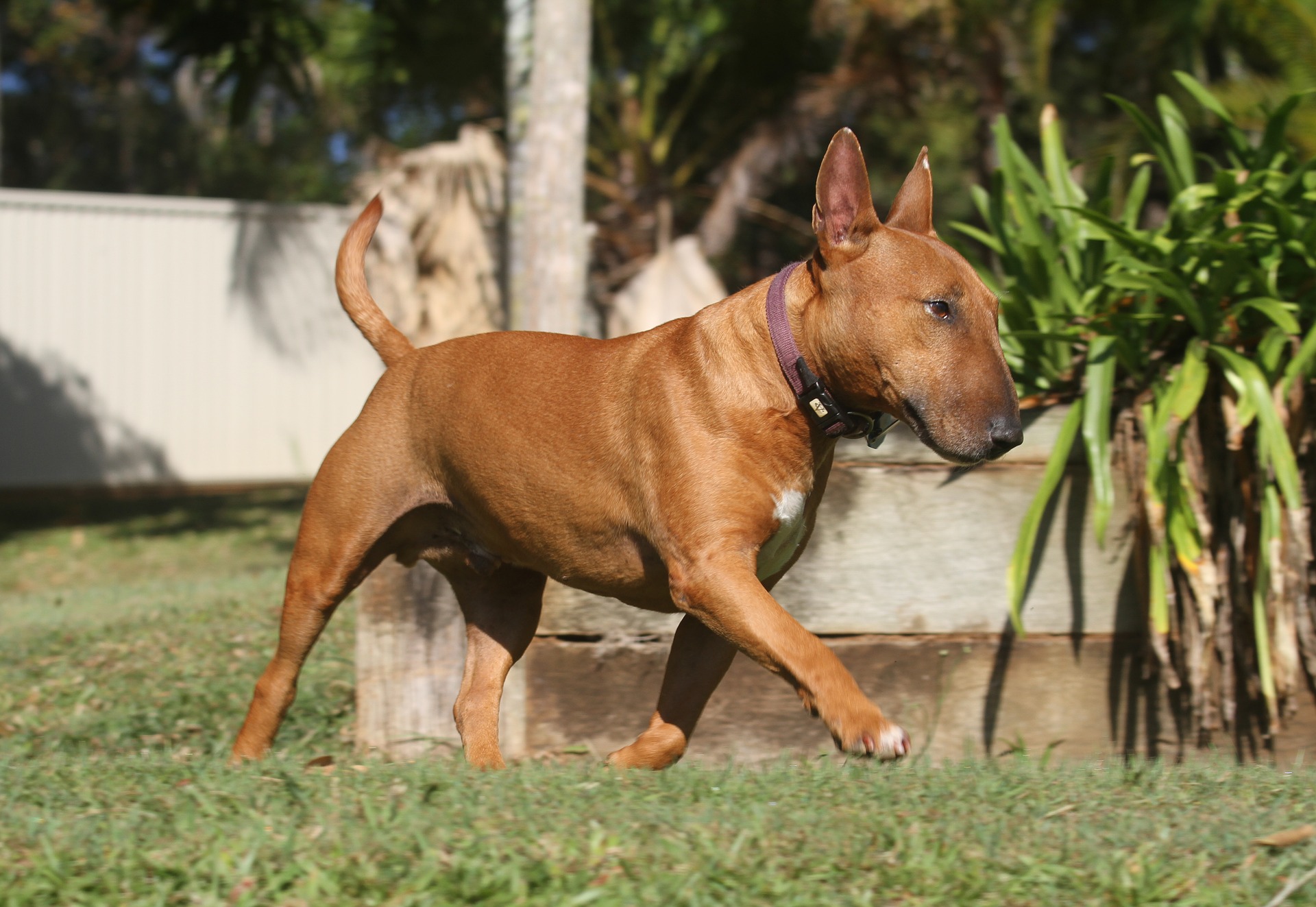A backyard provides a fun playground for your dog to explore. Though the sights, smells, and textures of a backyard garden stimulate and engage your pup, he may get into trouble if you are not careful. At Gulf Coast K9 Dog Training, we are committed to the health and safety of all of our canine companions. That’s why we are happy to provide these tips to ensure that your garden is dog-friendly and safe for Rover.
Fun Fact: Realtors report that after central air conditioning, home buyers most requested home feature is a fenced in yard for their dog.
If you are thinking of bringing a dog into your family, consider some of the needs they will have regarding your property and keeling it dog-friendly. Some things to consider include:
- Keep it Closed Off : Your dog’s safety is a priority. Fence your yard completely to keep your pup from escaping. Regularly check the fence line to ensure there are no areas through which Rover can sneak out. If you have an invisible fence, check often that the batteries in the collar are not dead and that the line is functioning around your whole yard. The fence is not the only thing to keep locked; other structures such as your shed, trash cans, or compost bins need to be tightly locked as well. Avoid leaving tools and chemicals exposed or in an accessible area.
- Caution with Chemicals: Any dog owner understands that pups won’t hesitate when it comes to grabbing items in their mouth, whether it be for play or to taste. Therefore, keep the yard dog-friendly by swapping harmful chemicals for more natural alternatives. Keep algae blooms at bay by changing the water in a pond or birdbath periodically, using distilled water and nontoxic aquatic dye (to decrease light penetration.) When using fertilizer, wait until after it rains to allow your pup back into the area, and make sure any slug pellets you use are marked as nontoxic and safe for pets.
- Proper Planting : Gardens provide a treasure trove of enrichment for your dog. All the new scents and textures can be very enticing to a curious pup, and by planting hardy (and non-toxic) species you can be sure that your fur-baby is safe and won’t do too much damage. Hardy perennials with stiff stems are well equipped to withstand an inquisitive nose or paw. While it might seem constraining to only grow non-toxic species, there are many diverse, gorgeous and, most importantly, safe plants that will thrive in South Florida’s climate. Toxic plants that you should never have around dogs include Cycads, Angel Trumpet, and oleander. Poisoning symptoms can vary depending on the plant, but general signs include excessive drooling, drunken-gait (ataxia), vomiting, and seizures. If your dog exhibits any of these signs after ingesting a plant, take him straight to the vet and note what plants they might have eaten so he can get appropriate care.
- Canine Guidance: An excited pup can wreak havoc on a garden in seconds. From large holes to trampled plants, you’ll want to guide how your dog moves through your garden with well marked borders. Create paths around beds with short hedges (think boxwoods), edging, or small raised platforms to define where Fido is allowed to go. Even though your pup will not inherently understand the importance of the path, the clearly defined boundaries will make training much easier. You can also provide specific areas where your pup is allowed to dig. A small patch of sand or mulch to dig in will make you and your dog happy.
If you need assistance with training or obedience and live in the Sarasota or Bradenton area, look no further than Gulf Coast K9 Dog Training. We have your dog’s best interest at heart!





